
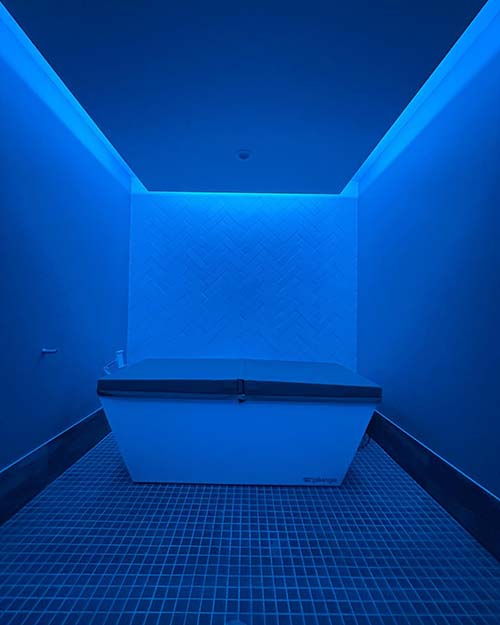
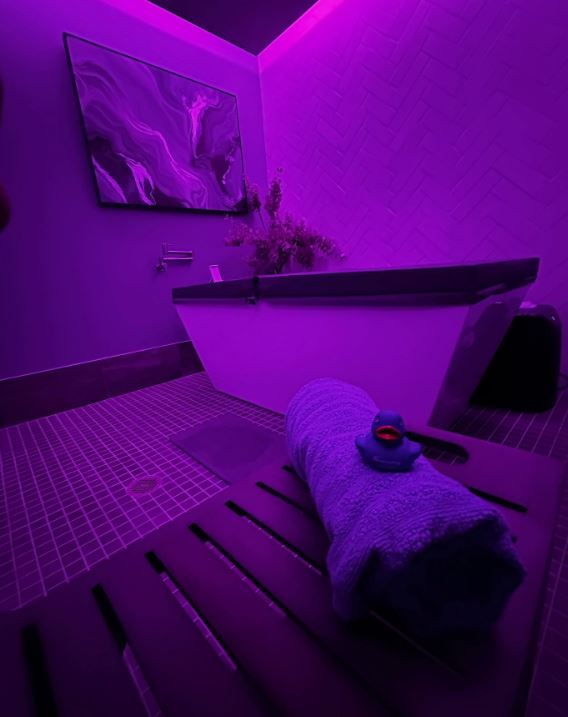

So is taking the plunge really worth it? Research on cold plunge and cold water immersion benefits are far from conclusive (and many of the purported perks are anecdotal) but there is some promising preliminary data and proposed mechanisms worth highlighting. Just keep in mind: Cold plunging is considered a hormetic stressor that may be health-promoting in small doses but too much could overtax your body, particularly if you are already feeling burnt out. (More on how to cold plunge safely below).
Benefits (and Downsides) for Workout Recovery It is not uncommon for athletes to hop in an ice bath after a tough workout to help curb muscle soreness, inflammation, and swelling so they can get back to performing at their peak quickly (LeBron James does it, so it is gotta be good, right?). But while a post-workout plunge may be supported in some contexts, it will not necessarily support all of your fitness goals.
Let us start with the positives: There might be a benefit for muscle soreness in the short term that allows people to feel like they're getting back to their workouts more rapidly and or recovering better, cold plunging likely does this by curbing the body's inflammatory and immune response to exercise. This might be particularly beneficial if you are an athlete competing in back-to-back races or same-day training session, so you can blunt soreness and muscle fatigue, and optimize performance for your next bout of exercise.
Cold plunge benefits related to soreness, inflammation, and subsequent performance are supported, to an extent, by research. Below, we break down a quick overview on some of the most promising scientific literature:
A 2022 research review of 52 studies suggests that cold water immersion following high-intensity exercise has positive outcomes for muscular power, perceived recovery, and reduced muscle soreness (due in part to decreased circulating levels of creatine kinase, which is associated with muscle damage and soreness) 24 hours later. Shorter duration, lower temperature cold water immersion appeared to be the most effective.
However, if your goal is to build strength and increase muscle mass (and not just curb soreness in preparation for another imminent sweat session), there are some potential downsides to cold plunging after resistance/strength training specifically. The reason: "The same mechanisms by which cold water immersion curbs soreness and that feeling of post-workout fatigue also blunt the processes that contribute to muscle hypertrophy and strength." (Muscle hypertrophy is when muscle protein synthesis exceeds muscle protein breakdown and results in muscle growth.).
Improved Mitochondrial Function The process of adapting to the cold, as a result of regular cold plunges or other forms of cold exposure appears to boost the number and activity of mitochondria in your cells, according to animal research. This is an example of hormesis, a process by which small amounts of stress generate a positive biological response.
Boosted Mental Health
A 2018 case study detailed the effects of regular cold water swimming on a 24-year-old woman with major depressive disorder and anxiety. After four months, she was able to manage her symptoms without medication. Of course, this was just one person, but some experts theorize that these benefits may be due to a release of feel-good neurochemicals such as beta-endorphins, dopamine and serotonin after cold exposure. Another theory: cross-adaptation meaning, the biological adaptations you undergo when regularly exposed to one stressor (like a reduced inflammatory response after cold exposure) could improve your body's response to another stressor and curb downstream symptoms, including psychological symptoms. Research also suggests that while cold exposure initially ramps up your sympathetic (fight-or-flight) stress response, acclimating to cold over time shifts you toward a more relaxed, parasympathetic state.
Enhanced Immunity
Cold water swimmers have reported that they suffer fewer and milder infections, which might be possible, since short-term stress readies the body to deal with injury or infection, according to a 2017 review on cold water immersion benefits and risks. Some studies have also found changes in the number and activity of innate and adaptive immune cells following cold water swimming and immersion, but changes were small and it is not clear if it would result in reduced risk of illness.
Metabolism and Blood Sugar
Five-minute sessions of cold water immersion below 59F have been associated with an increased metabolic rate, but it is unclear if this contributes to significant health benefits or improvements in body composition or weight. Research on animals suggests that cold exposure stimulates brown adipose tissue (brown fat) to absorb glucose from the bloodstream faster, suggesting it may help maintain balanced blood sugar levels and insulin sensitivity, and a 2022 study on adults with overweight and obesity found that shivering during repeated exposure to cold decreased fasting blood sugar and blood lipid levels, among other findings.
Circulation
The process of cooling and then rewarming after a plunge can act like a pump to boost blood circulation, which is important for clearing out waste and providing tissues with the oxygen and nutrition they need to function optimally. When you are immersed in cold water, blood vessels in your extremities constrict and draw blood toward your core; but when you get out, your body warms, vessels expand or dilate, and blood is pushed back through the body. Some research suggests cold water immersion does not just enhance circulation immediately post plunge, but that when done regularly, it may lead to microvascular adaptations that further enhance circulation over time.
How to Safely Add Cold Plunges to Your Routine
You should always get cleared by your doctor if you are considering a cold plunge. Think twice about taking a plunge if you are experiencing high levels of stress, have a heart condition, take a heart-related medication, or have a circulatory problem such as Raynauds disease. And even if you are cleared, make sure you always have a buddy with you.
Immersing your body in cold water, particularly when you are not acclimated, comes with a host of potential risks, the quick drop in skin temperature can trigger a cold shock response in which you experience a rapid increase in breathing, heart rate, and blood pressure. This puts you at risk for drowning (if you unintentionally gasp when your head is submerged) and stresses the heart, which can increase your risk for a cardiac event, even cardiac arrest. The greatest risk for this cold shock response is within the first 30 seconds of cold water immersion, which is why you should never jump into an icy body of water or submerge your head right away. Hypothermia is also a risk, which typically sets in after 30 minutes in icy water in adults.
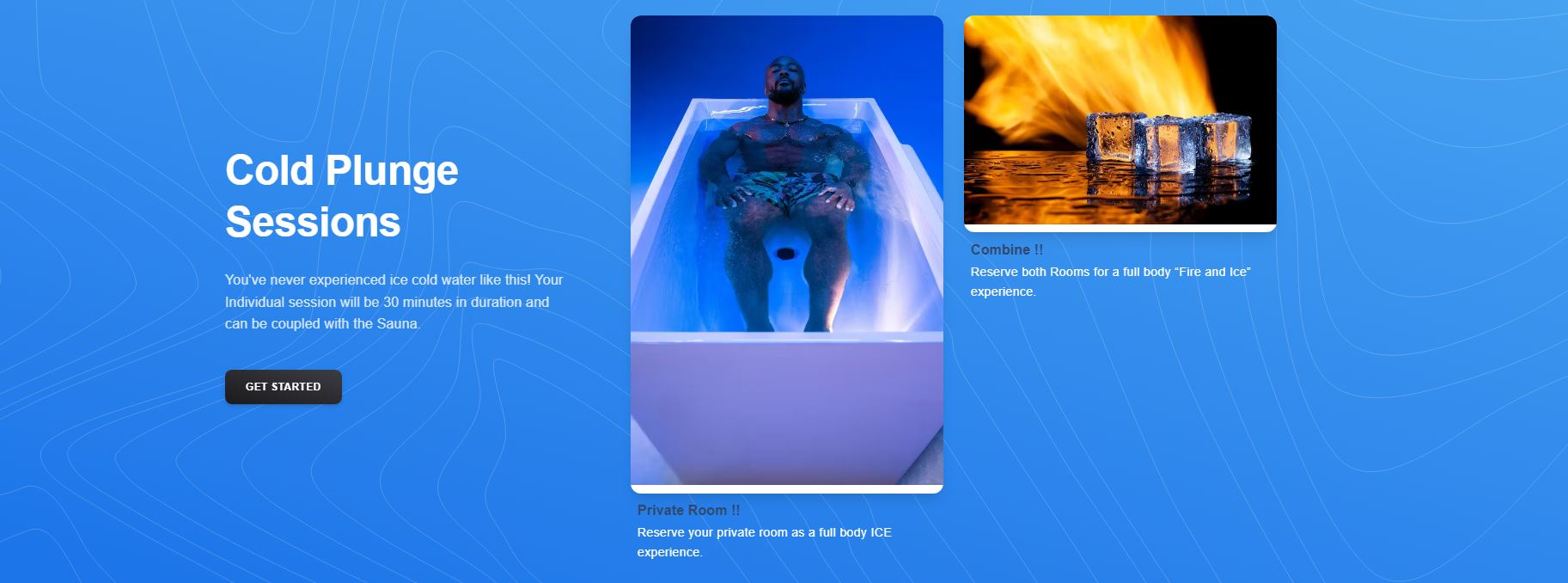

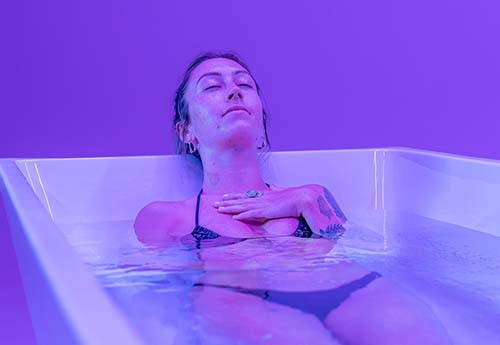
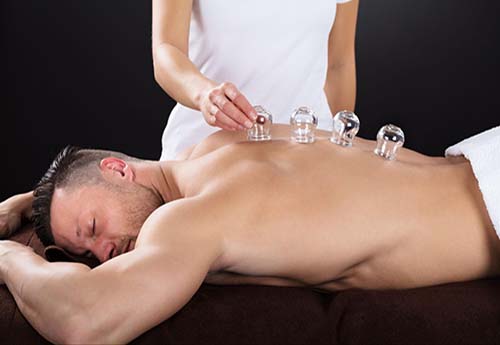


Click to Join Our Exclusive iStretch Plus Membership Programs and Save